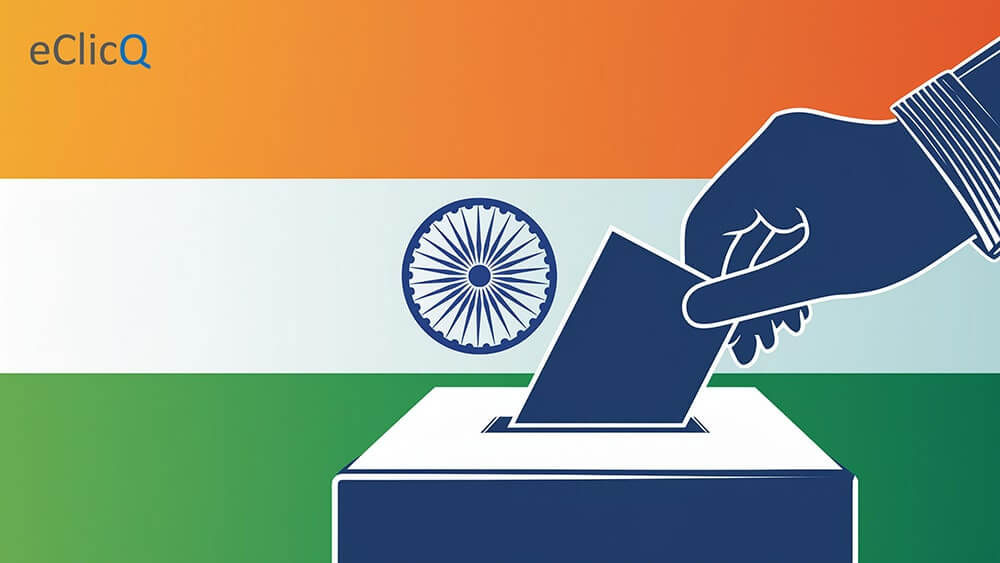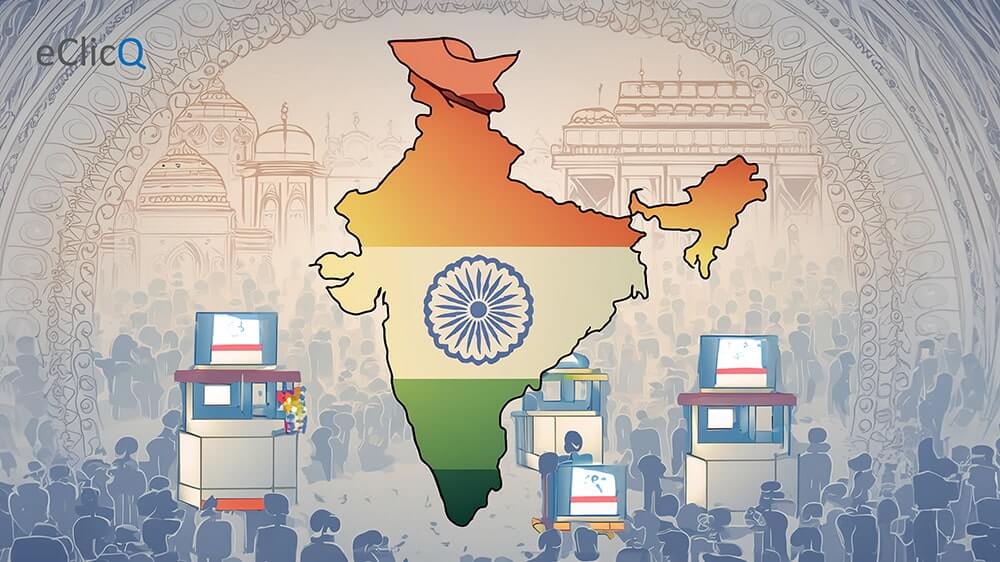The Indian election is not just an event; it’s a display, a celebration of democracy of a sheer magnitude. In total of more than 900 million eligible voters, it is the biggest democratic elections possibly on the earthy globe where in different cultures, languages, and socio-economic backgrounds can be found. The ever-important election is responsible for upholding the democratic practices of India. Therefore, the election outcomes are pivotal in defining the country’s political architecture and subsequent direction.
Understanding the Scale
In order to get the gist of the Indian election one must first understand its size. From the far north of the country to the most densely populated urban areas, every area has polling station in its own right. The logistics of conducting such a cumbersome exercise are mind-baffling, and it calls for millions of workers in polling stations, security forces, and election regulators among many others.
The Democratic Spirit
Deeply, the Indian election is the embodiment of the democratic nature of the country. It is a period when people come together, although through common humanity and not based on their caste, creed, or religion, but also to exercise their fundamental right to vote. The fact that the election is not just a process whereby one only is fulfilling their civic duty, but also an action where they are vividly expressing their dreams, wishes and future of their motherland, is a fact of life for many.
Diversity in Action
The diversity of India is not only shown by its demography but also by its political system. The country however has a multi-party dispensation with parties also regional and national competing for power at may levels of governance. This diversity poses a challenge for the electoral process (i. e. , managing intricate alliances, caste conflicts and regional sentiments) but political parties have to deal with such issues very carefully to win the elections.

Issues That Matter
During the election season, many diverse topics appear to be of importance. The economy, social development, national security as well as environmental conservation are the main matters that will likely be widely debated. Each political party presents its idea and policies how to deal with these problems with public engagement and campaigning all over the country.
Technology and Transparency
For the last several years, technology is more and more noticeable in the elections, helping with everything from voter registration to electronic voting, up to tracking the polling stations in real-time. They have replaced inefficiency, bias, and inaccessibility with transparency, efficiency, and accessibility, contributing to the building of a more fair electoral process.
Challenges and Opportunities
Although the Indian election has advantages, it also has the problems of intimidation of voters, electoral fraud, and the influence of money and muscle power. Along with this, enfranchisement hindrance like voter apathy and political system disenchantment create a significant barrier to participation as a whole.
Nevertheless, the inherent problems are juxtaposed with a chance for something new, a chance for effective reform and innovation. Civil society organizations, election watchdogs, and grassroots organizations are the most important actors in the process of advocating for electoral integrity, voter education, and electoral reforms.
Conclusion
Indian election is one political thing of many types; its strongee fundament than democracy and nation’s characteristics. When people of this nation get together to do their duty as Indians i. e. casting of votes, they reconfirm their belief in fact that any entity that govern is because of collective decision making process. Although the journey remains tough, the Indian election is a source of hope for us, which shows that the vote can be the determinant of the future of a country.









